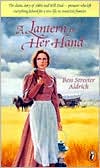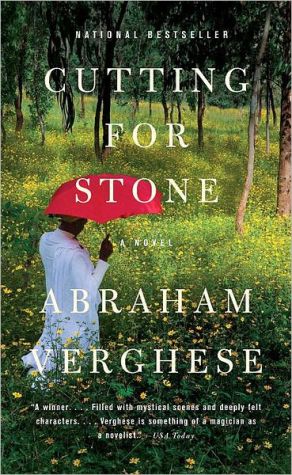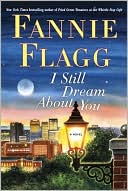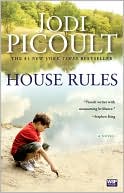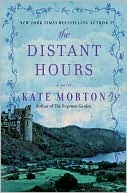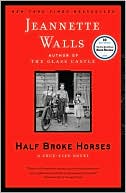A Lantern in Her Hand
When A Lantern in Her Hand came out in 1928, critics took little notice, but people everywhere soon discovered it. By the end of 1919, even as the Great Depression set in, Bess Streeter Aldrich's novel was in its twenty-first printing. Now translated into over twenty languages, A Lantern in Her Hand has outlasted literary fashions to touch generations of readers. It is the classic story of a pioneer woman. Bess Streeter Aldrich knew what she was writing about. Her protagonist, a strong-minded...
Search in google:
First published in 1928, A Lantern in Her Hand has outlasted literary fashions to touch generations of readers. In this classic story of a pioneer woman, Bess Streeter Aldrich modeled protagonist Abbie Deal on her own mother, who in 1854 had traveled by covered wagon to the Midwest. In A Lantern in Her Hand, Abbie accompanies her family to the soon-to-be-state of Nebraska. There, in 1865, she marries and settles into her own sod house. The novel describes Abbie's years of child-raising, of making a frontier home able to withstand every adversity. A Disciplined writer knowledgeable about true stories of pioneer days in Nebraska, Bess Streeter Aldrich conveys the strength of everyday things, the surprise of familiar faces, and the look of the unspoiled landscape during different seasons. Refusing to be broken by hard experience, Abbie sets a joyful example for her family-and for her readers.
\ Belles Lettres“Piercingly beautiful. . . . Aldrich’s pioneer woman was based on her mother, and the integrity of her depiction of life in a sod house in the late nineteeth-century Nebraska speaks to her readers. . . . In her own introduction Aldrich writes of wanting to tell her mother’s story after her mother’s death: ‘Other writers had depicted the Midwest’s early days, but so often they had pictured their women as gaunt, browbeaten creatures, despairing women whom life seemed to defeat. That was not my mother. Not with her courage, her humor, her nature that would cause her to say at the end of her life: ‘We had the best time in the world.’”—Allyson F. McGill, Belles Lettres\ \ \ \ \ Milwaukee Journal“The language is good and sturdy and dotted with imaginative metaphors and similes (‘Silence, so deep, that it roared in its vast vacuum’). If the book tries to crowd too much life into 300 pages, well, there was a lot of life: ‘We old pioneers,’ Abbie says at the end, ‘we dreamed dreams into the country.’”—Roger Miller, Milwaukee Journal\ \ \
